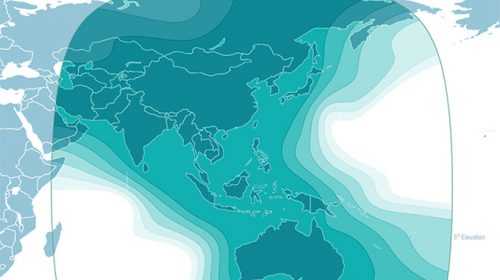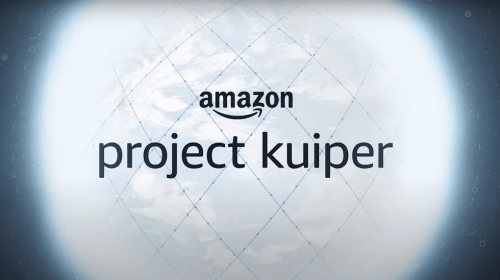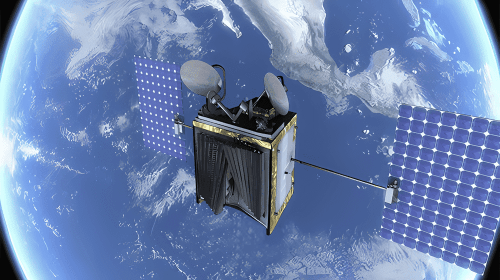The eighth largest country in Africa, Mali’s northern borders reach well into the Sahara Desert. It is a country that has seen its fair share of social and political conflict which has impeded its development, along with other factors. Mali is a developing nation with half of the population living under the international poverty line if $1.25 per day. Mali’s people largely live in rural areas and 5-10% of these are nomadic.
Promising Future
The desert landscape makes the provision of telecommunications services extremely challenging and cost-prohibitive. Many communities are hard to reach and this is reflected in the fixed line and Internet statistics. In 2016, fixed line penetration stood at just 1.1% and Internet penetration in 2017 is just 11.8%. This lack of access to telecommunications and broadband services make Mali a prime candidate for VSAT services that can help to connect dispersed communities that are cut off from the most basic means of connectivity.
Mali would benefit from the educational advantages that satellite can bring. There is a lack of schools in rural areas of Mali and enrolment in primary school is low. VSAT services could deliver e-learning services to communities across Mali to help children to realise their true potential.
Currently, the infrastructure available can be improved greatly for the provision of consumer services, along with expanding coverage to remote areas of the country. That said, Mali has made progress in recent years with its connectivity and ICT development. Between 2000-17, there has been an increase in Internet growth of over 11% but there is a long way to go.
Healthcare across Mali has the potential to be transformed via satellite, through remote health services that encourage increased levels of immunisation and provide critical information on prevalent diseases such as malaria and HIV/AIDS and how to prevent their spread. Telemedicine applications can also connect rural patients to doctors and facilitate the delivery of health education services.
Mali’s core industries are agriculture and fishing, although the country is also rich in natural resources such as gold, uranium, phosphates, kaolinite, salt and limestone. Mining is therefore a popular industry. Mali is the third largest producer of gold on the African continent. Satellite, especially VSAT technology can be used to improve farming through education and access to the wider marketplace. For the mining industry, satellite services can help mine owners to look after their employees’ welfare, enhance safety, enable connectivity for prospecting and to build a network for their organisations to reliable and cost-effective communications.
Businesscom Networks can provide a full suite of VSAT services. From installation through to configuration and management of the VSAT network, we will enable Malian businesses, healthcare organisations, educational bodies and individuals to gain access to precious connectivity and to provide support at every step.
BusinessCom Satellite Internet Mali offers the following services:
- Broadband Internet access
- Toll quality VoIP and Videoconferencing with CIR
- Reliable SLA through FDMA and D-TDMA with 98% efficiency on payload
- Star, Mesh and hybrid Star/Mesh topology networks
- Full support of accelerated VPN, CITRIX, ERM and other business applications
- Highly secure operation with optional AES embedded encryption
- Global C-Band coverage and sub-Sahara Ku-Band
- Landing at top tier redundant IP facilities in Western Europe and United States
- Sentinel-based QoS, bandwidth management and optimization platform





